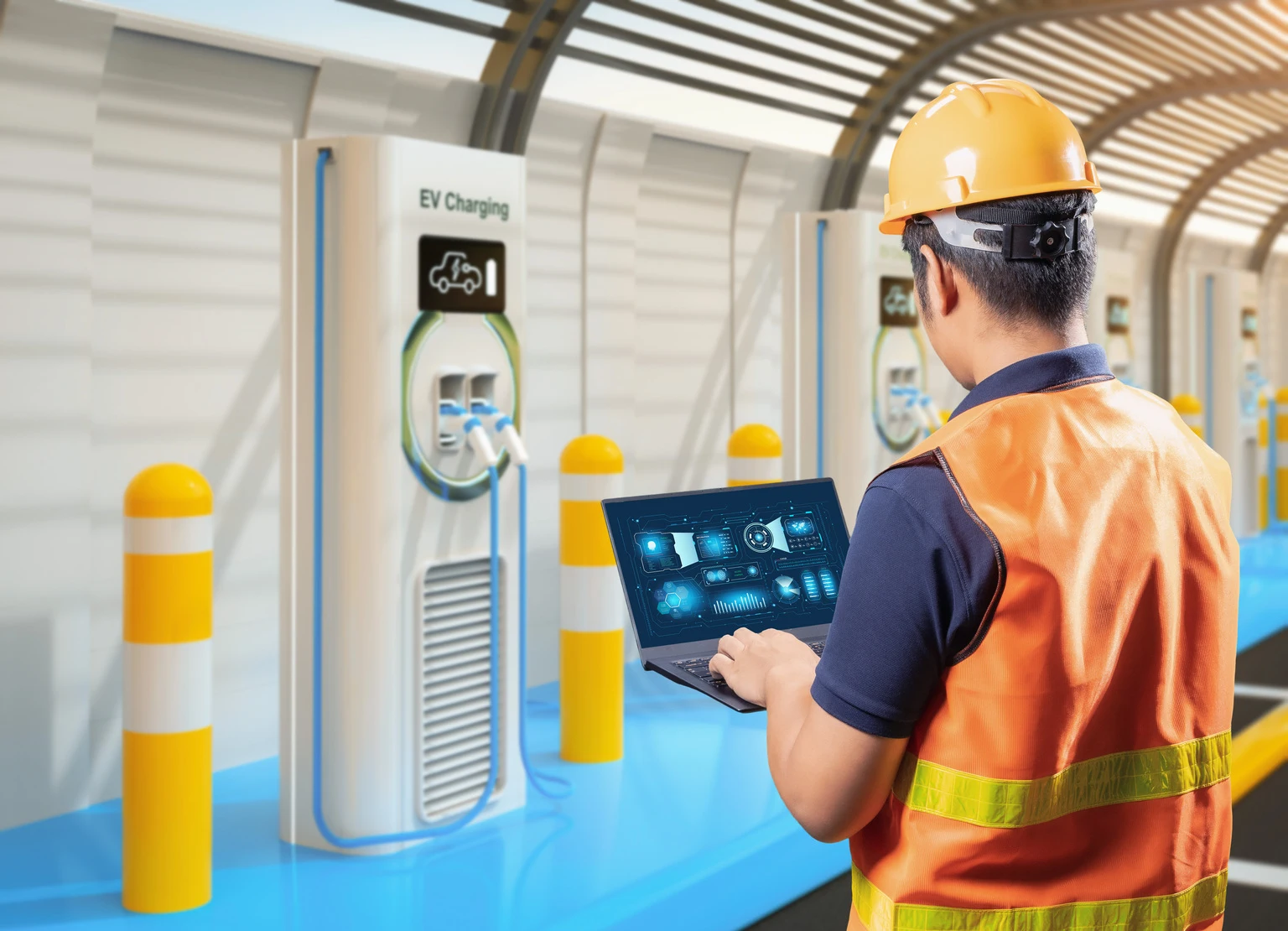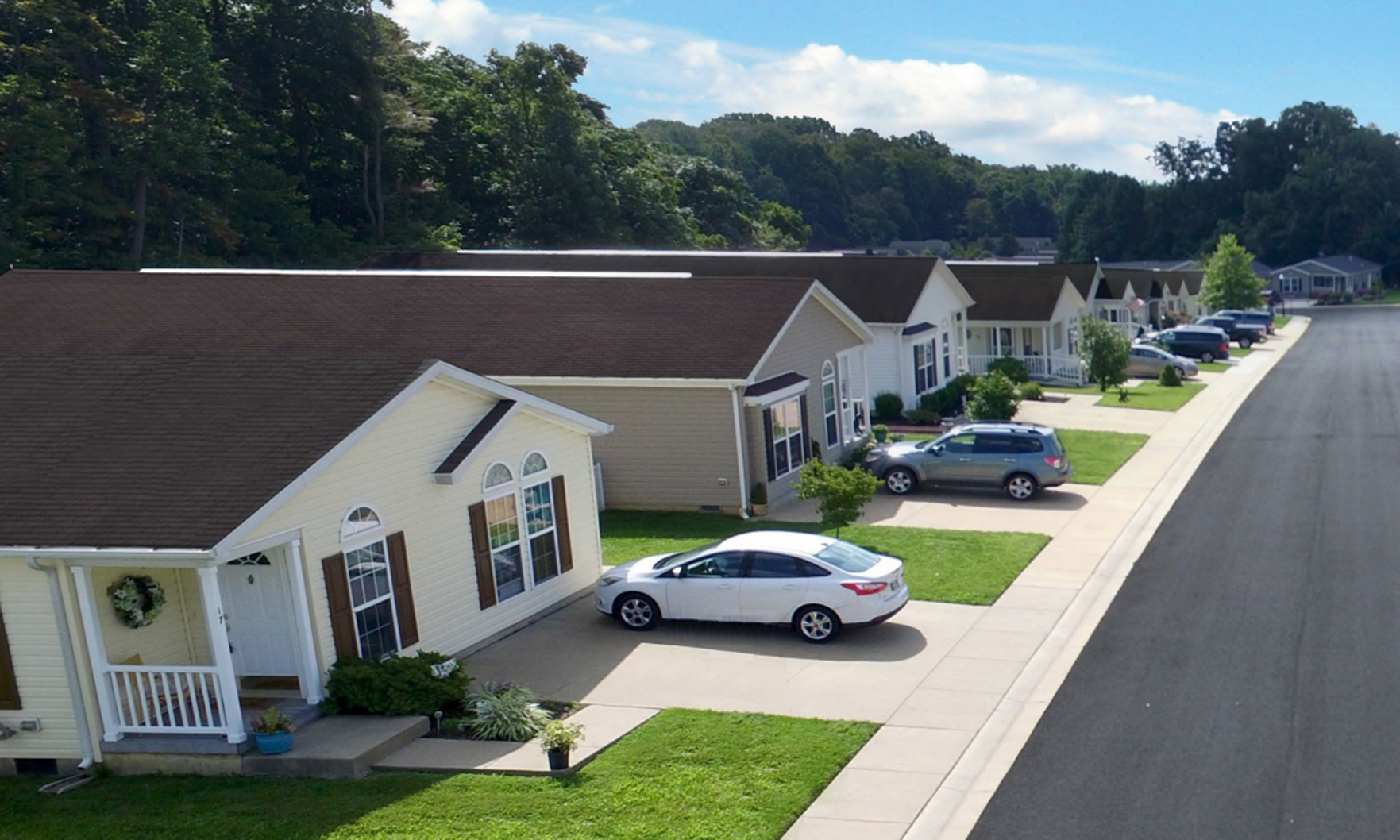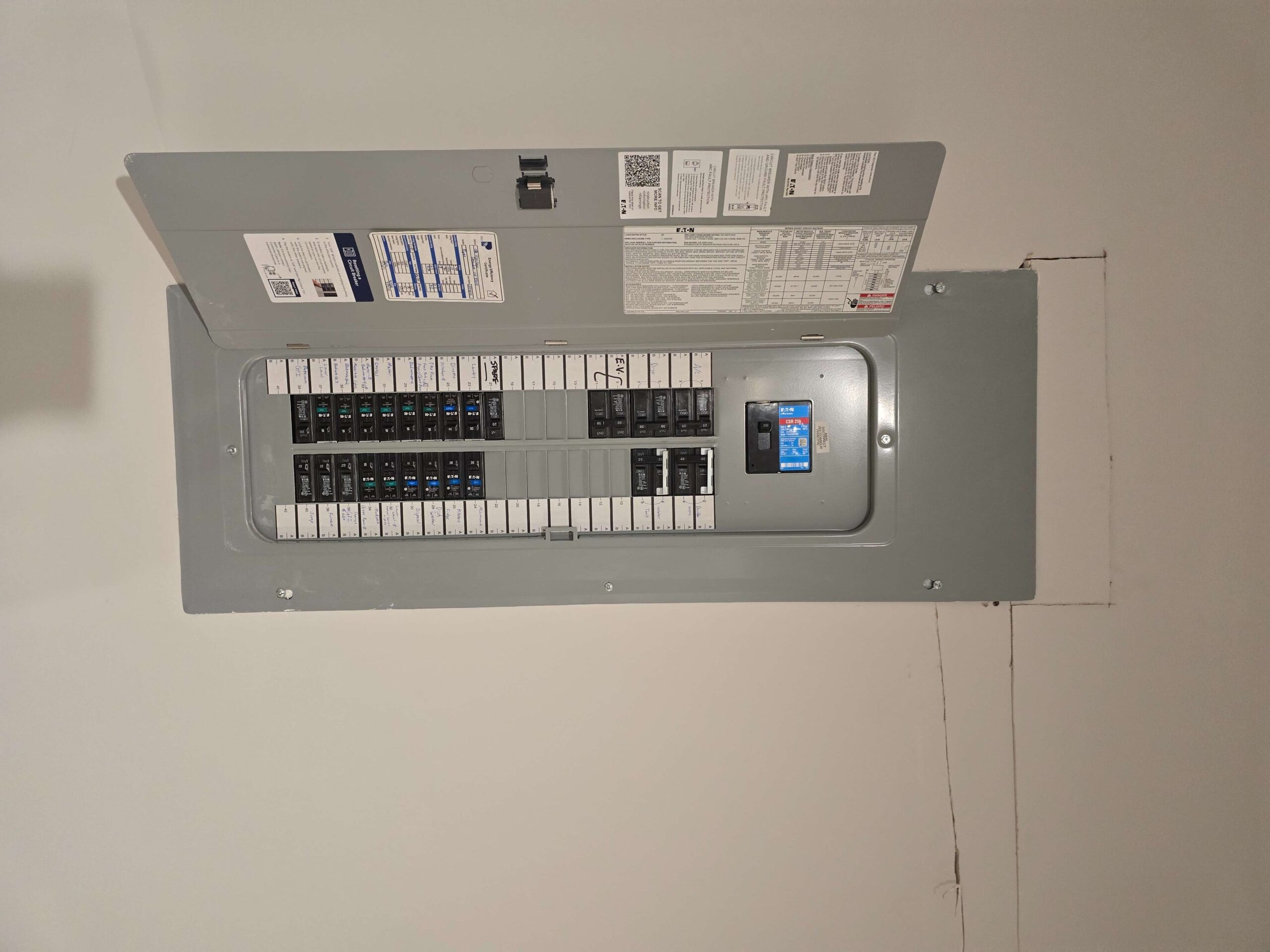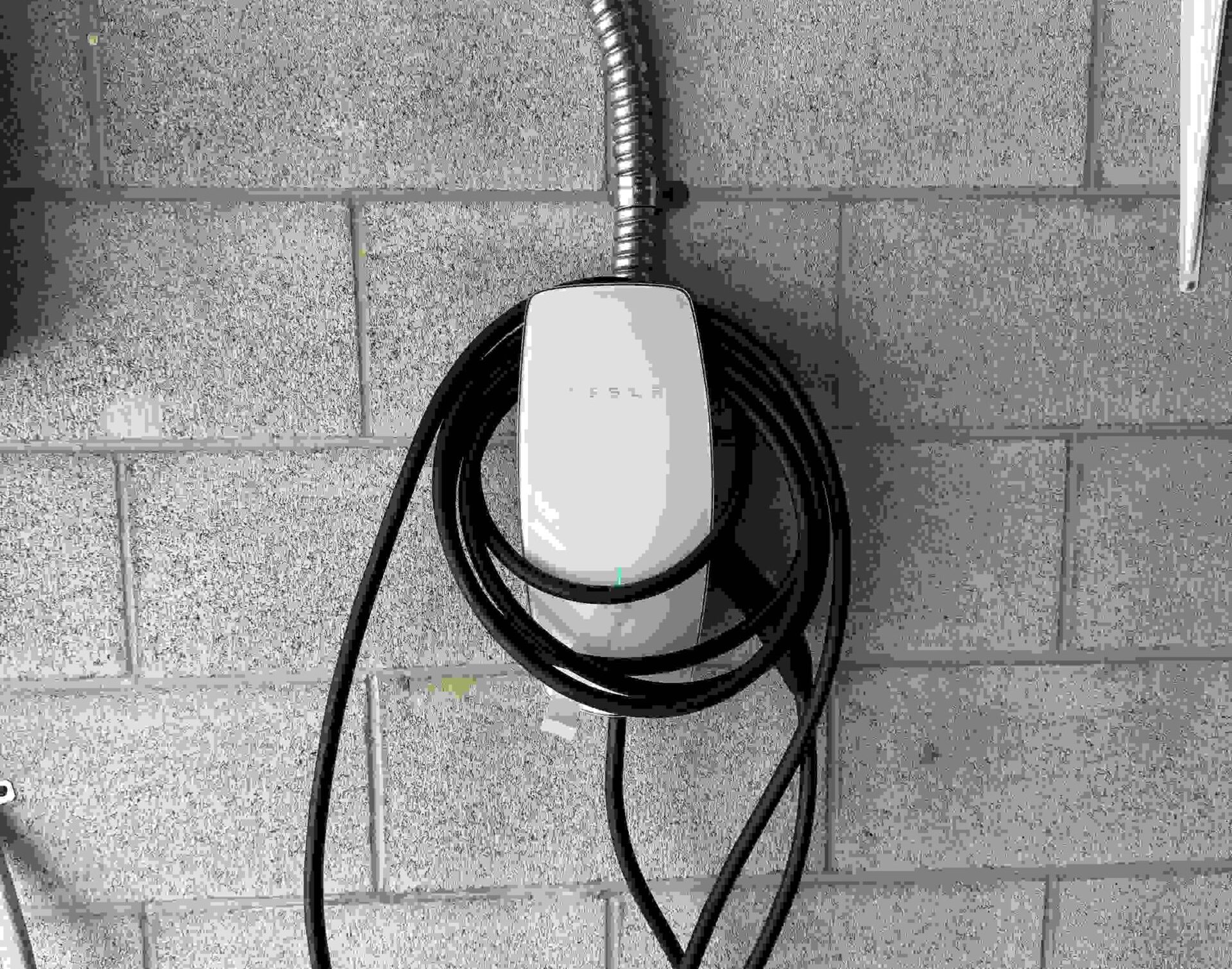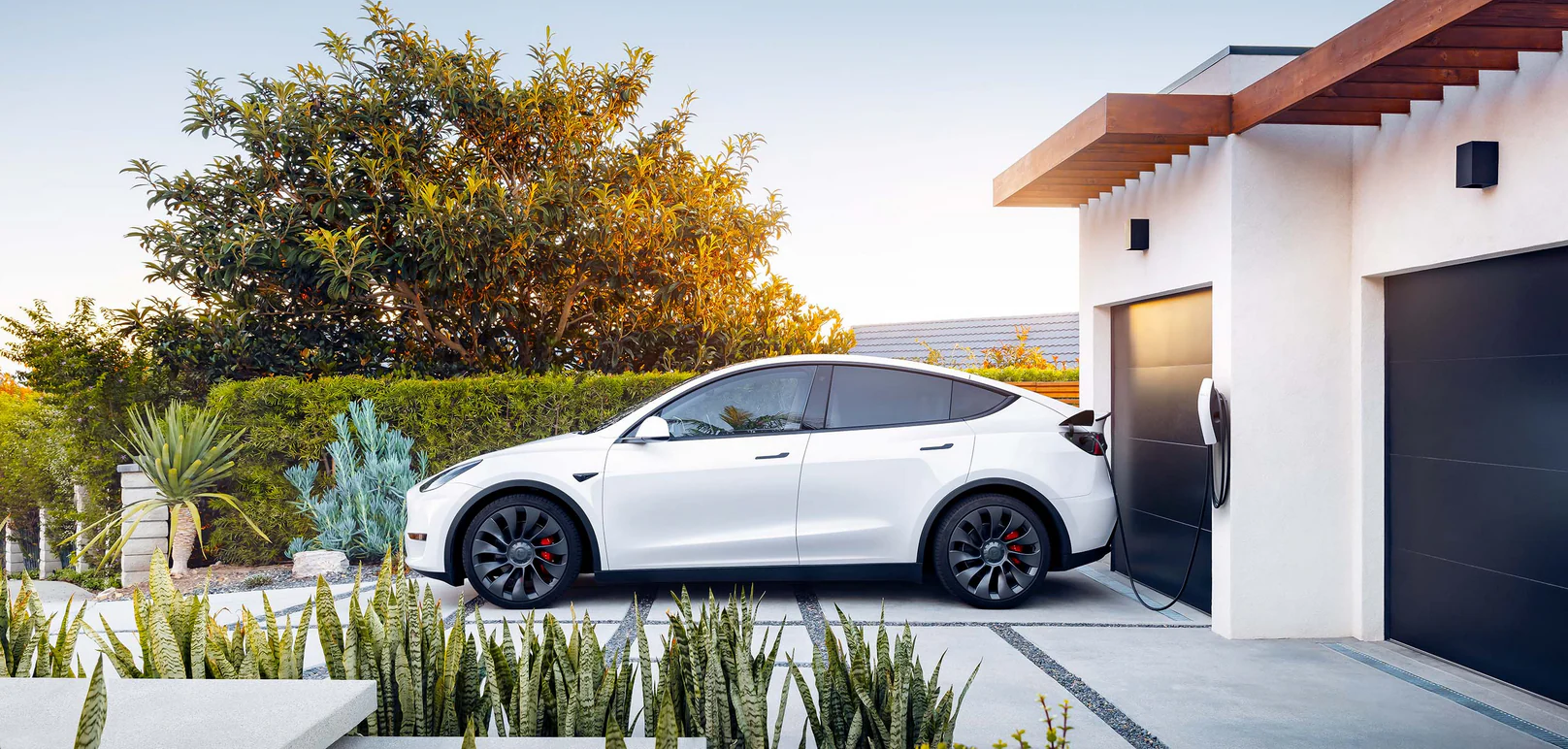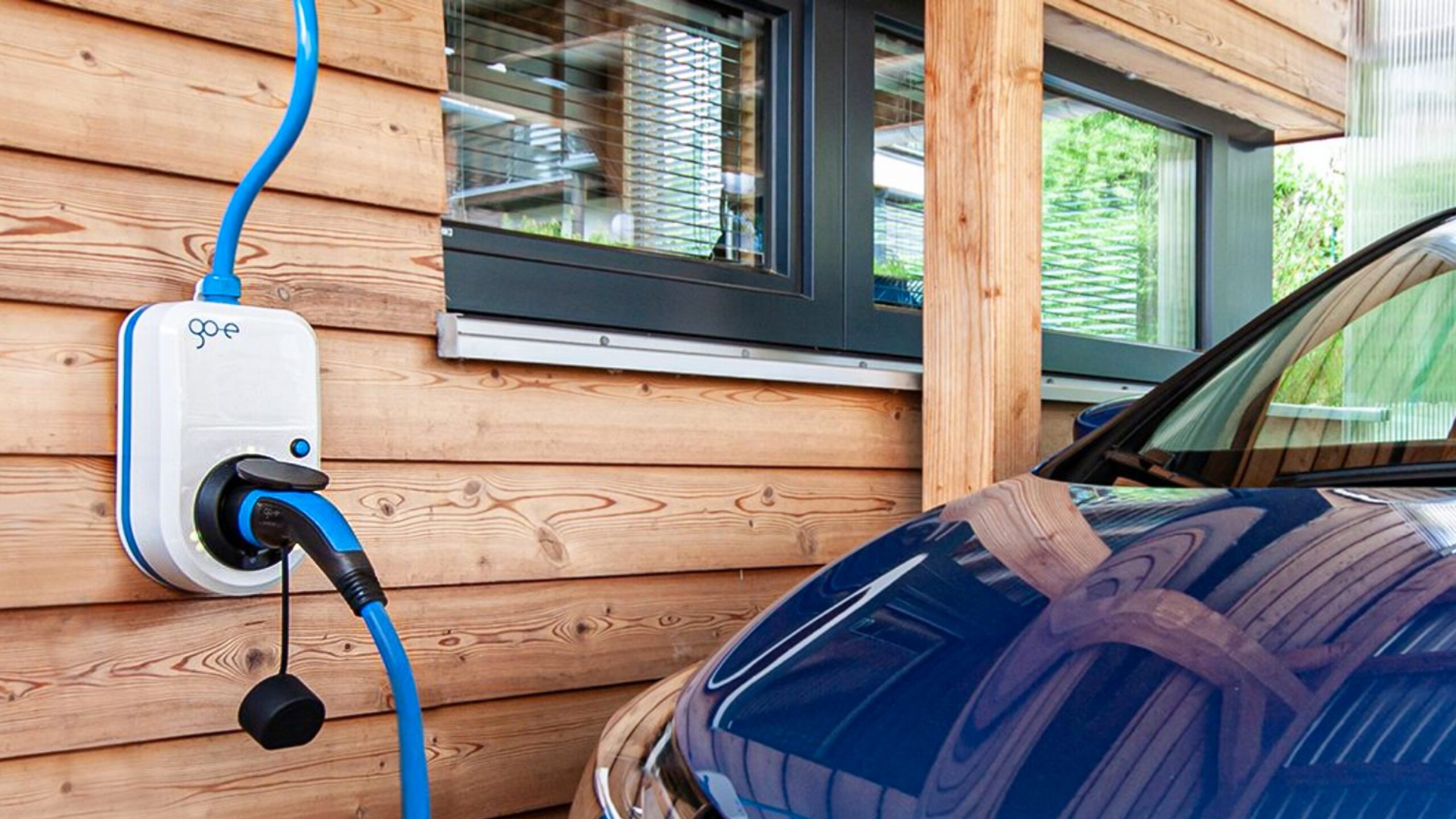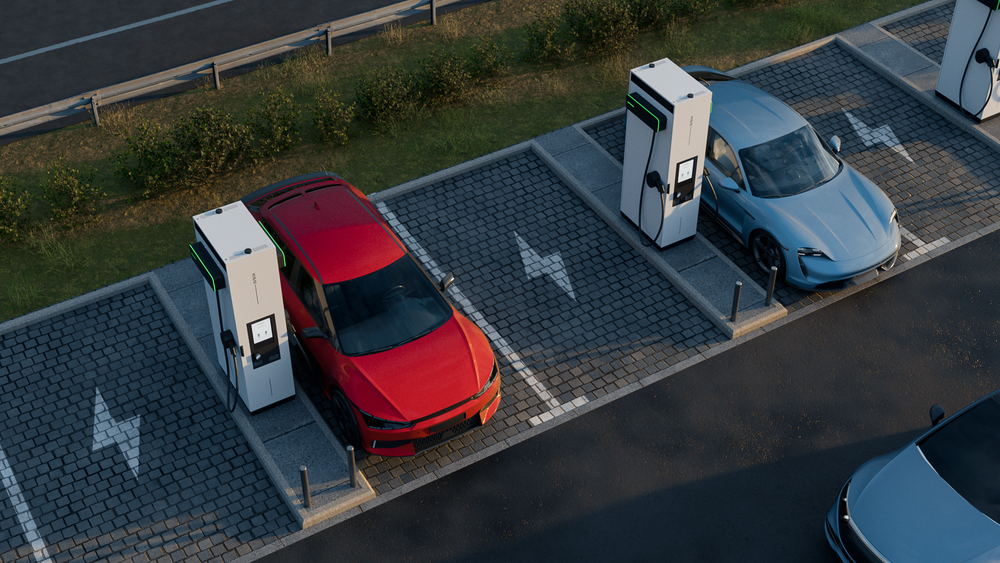
The electric vehicle (EV) revolution isn’t just happening in the garages of New Albany and Dublin—it’s transforming the commercial landscape across Central Ohio. If you operate a business in high-traffic areas like the Short North, downtown Columbus, or even growing suburban hubs like Powell and Gahanna, you have a massive, untapped opportunity staring you in the face: attracting the rapidly growing population of EV drivers. When a customer with an EV chooses where to shop, dine, or stay, the presence of a charging station is often the deciding factor.
The question is no longer if you should install charging stations, but how to do it strategically and profitably.
“We’re a small business in the Short North. What’s involved in installing commercial EV chargers for customers?” This common inquiry is where Electric Medic, your trusted commercial electrician in Central Ohio, steps in. We don’t just install plugs; we design and implement complete charging infrastructure solutions that drive foot traffic, boost your brand image, and provide a measurable return on investment (ROI). This expert guide will break down the types of chargers, the critical electrical planning required, the costs, the powerful incentives available, and the comprehensive, end-to-end process of commercial EV charger installation in Columbus for your business.
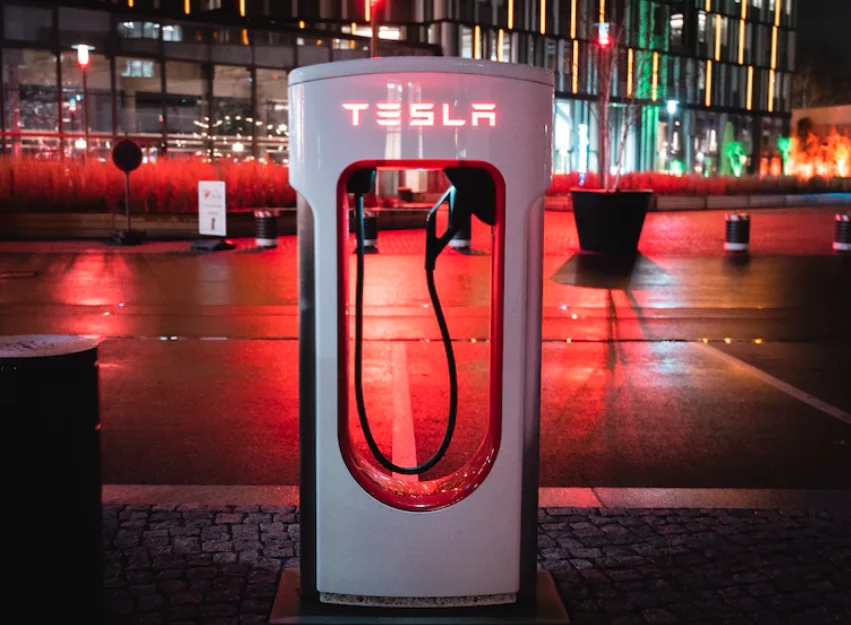
The Business Case: Why Commercial EV Charger Installation in Columbus is a Smart Investment
Electric vehicles are no longer a niche market. The Columbus area is seeing a massive surge in EV registrations, and these drivers are actively seeking businesses that cater to their needs. Providing commercial EV charging station installation is a strategic business move, not just an amenity.
1. Dramatically Increased Dwell Time and Revenue
A customer who charges their EV is effectively captive for 45 minutes to four hours, depending on the charger level.
- Restaurants and Retail: A charging session forces customers to spend more time inside your establishment, leading to increased sales of appetizers, drinks, or impulse purchases.
- Hotels and Hospitality: Offering charging guarantees and booking preference for EV-driving travelers in areas like downtown Columbus or near the airport. It’s now considered a standard amenity, not a luxury.
- Property Management (Multi-Family/Office): EV charging is a high-value amenity that allows you to command higher rents and attract premium tenants, particularly in competitive markets like the Arena District or New Albany.
2. Leveraging the “Green” Halo Effect
Installing EV infrastructure positions your Columbus business as forward-thinking, environmentally conscious, and dedicated to modern sustainability. This “green halo” improves public perception, attracts a high-value, educated demographic, and can boost local media coverage.
3. Future-Proofing Your Commercial Property
The demand for electricity in commercial properties—from high-speed internet to modern HVAC—is always increasing. Installing a commercial EV charging station requires future-proofing your electrical service. Getting the infrastructure in place now is far less disruptive and expensive than doing it piecemeal later.
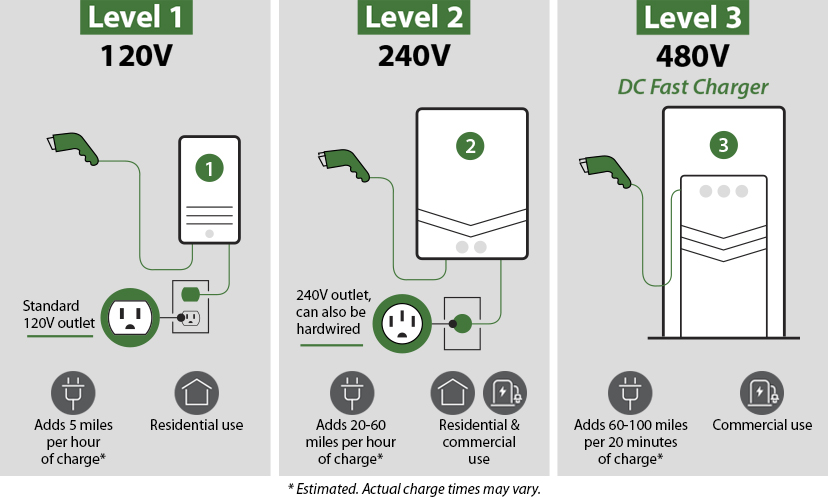
Choosing the Right Power: Level 2 vs. DC Fast Chargers
The first and most critical decision in commercial EV charger installation in Columbus is selecting the right charging level based on your business model.
1. Level 2 (AC) Chargers: The Workhorse of Commercial Charging
- Speed: Adds 20 to 45 miles of range per hour. Charging time is 2-4 hours to replenish a typical commute.
- Best For: Locations where customers spend a few hours:
- Retail plazas (Hilliard, Westerville)
- Workplaces and office complexes (Dublin, Worthington)
- Hotels/Apartments (Extended stays)
- Small businesses (Short North galleries, Gahanna cafes)
- Cost & Installation: The most economical option. Commercial EV charger installer costs range from $3,000 to $10,000 per port, including equipment and installation. They require a dedicated 208V/240V circuit but place less strain on the utility service than DCFC.
2. DC Fast Chargers (DCFC/Level 3): The High-Speed Investment
- Speed: Adds 60 to 200+ miles of range in just 15 to 30 minutes.
- Best For: Locations where speed is paramount:
- Major highway corridors (e.g., I-70 or I-71 access in Pataskala or Grove City)
- Fleet depots and logistics centers.
- Standalone charging hubs.
- Cost & Installation: Significant investment. Basic DCFC units start around $20,000 to $40,000 for the equipment alone, with total installation costs potentially exceeding $100,000 per charger due to the high-voltage electrical requirements, dedicated transformer, and large service infrastructure required. This is a highly specialized installation only a veteran commercial electrician Columbus Ohio can handle.
Electric Medic’s Recommendation: For most Central Ohio businesses, starting with high-quality, network-enabled Level 2 chargers provides the best balance of ROI and affordability.
Phase 1: The Strategic Blueprint – Planning Your Commercial EV Charger Installation
Installing a commercial system is a multi-disciplinary project that involves electrical engineering, civil planning, and municipal coordination. This is far more complex than a residential install.
A. Site Assessment and Electrical Load Study
The first step is a professional site survey by a commercial electrician in Central Ohio.
- Parking Lot Layout: We analyze traffic flow, ADA compliance requirements (one in six charging spaces must be accessible), and lighting needs.
- Transformer and Service Capacity: Unlike a home, a business in the Short North or Powell is limited by its utility transformer and main service panel. We perform a detailed load study to see if your current electrical service can handle the massive additional load of multiple 40-amp or 80-amp chargers.
- Real-World Scenario: If your restaurant runs off a 400-amp service, adding four 60-amp charging circuits could exceed capacity, triggering a mandatory, expensive service upgrade from AEP Ohio.
- Conduit Routing and Trenching: We map the most cost-effective path for the wiring from the panel to the parking spaces. Long distances often require trenching under asphalt or concrete, which is a major factor in the final cost of installing a commercial EV charging station.
B. Utility Coordination and Permitting
This phase ensures legal and electrical compliance, a step that amateur installers often struggle with.
- AEP Ohio Coordination: We work directly with AEP Ohio to confirm service availability and apply for any necessary transformer upgrades. We also help you navigate the AEP Ohio PEV (Plug-In Electric Vehicle) Rate, which can offer significantly reduced electricity costs for separately metered public charging stations (often as low as 2.05802¢ / kWh for public DCFC/Level 2 stations that meet criteria).
- Municipal Permitting: Every commercial EV charger installation in Columbus, Gahanna, or Hilliard requires an electrical permit and a zoning/building permit. Electric Medic handles all the paperwork, ensuring the plans adhere to local safety, fire, and accessibility codes.
C. Networking and Software Selection
Commercial chargers must be networked (often Wi-Fi or cellular-enabled) to manage access, collect payments, and provide data.
- Open Network vs. Proprietary: We advise on choosing open networks (like ChargePoint, FLO, or Volta) which maximize driver access, versus proprietary networks.
- Payment and Access: We help set up payment processing (e.g., credit card readers, app payments) and determine access control (free for customers, paid for the general public, or RFID access for employees).
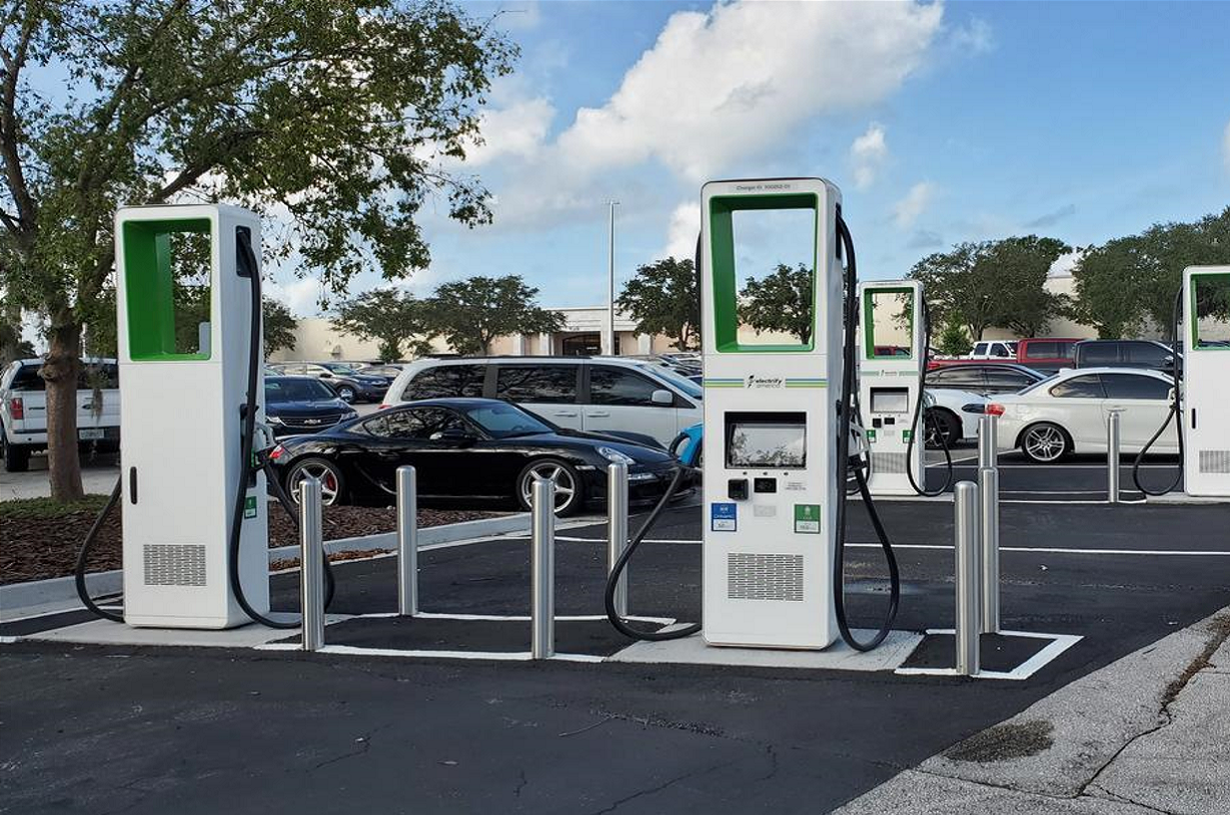
Phase 2: Execution – The Commercial EV Charger Installation in Practice
Once the blueprint is approved, our team of dedicated commercial EV charger installers in Columbus, OH, executes the build.
A. Civil Work and Trenching
For most parking lot installations, trenching is necessary to lay the protective conduit that carries the heavy-gauge electrical wire.
- Drilling and Excavation: We saw-cut the asphalt or concrete, excavate the trenches (typically 18-24 inches deep), and install the industrial-grade conduit. We coordinate this work during off-peak hours (nights or weekends) to minimize disruption to your business operations in the Short North or downtown Columbus.
- Concrete Pads: We pour new concrete pads where the charging stations will be mounted, ensuring a stable, safe, and code-compliant foundation.
B. Heavy Electrical Installation
This is the core of the service, where the expertise of a commercial electrician in Columbus, OH, is non-negotiable.
- Service Integration: We install the new, dedicated 208V/240V or high-voltage DC circuits, connecting them safely to the main service panel or installing a new utility-side transformer if necessary.
- Separate Metering: To take advantage of the favorable AEP Ohio PEV rates, we install a separate meter base dedicated only to the charging station load. This ensures your high-demand chargers don’t inflate the energy costs of the rest of your facility.
- Charger Mounting and Wiring: The charging station pedestals are securely bolted to the concrete pads. The wiring is terminated inside the chargers, a high-precision job given the industrial-grade wiring and complex electronics involved.
C. Branding and Signage
A charger is useless if customers can’t find it. We assist with:
- Signage: Installing highly visible, clearly marked signage directing drivers to the EV charging spaces.
- Parking Space Markings: Painting the spaces green and adding “EV Charging Only” decals to comply with local parking ordinances and deter misuse by non-EVs.
Phase 3: Post-Installation – Activation, Testing, and ROI Management
The job is not over when the electricity is on. A successful commercial EV charger installation requires activation and optimization.
A. Commissioning and Network Activation
Our commercial EV charger installers in Columbus, OH, team works with the chosen network provider (e.g., ChargePoint, Electrify America) to “commission” the unit:
- Software Configuration: We activate the cellular or Wi-Fi connection, ensuring the charger can process payments, receive software updates, and send usage data to your business dashboard.
- Thorough Testing: We run diagnostics and test the station with multiple vehicle types to ensure reliable communication and charging at maximum speed.
B. Maximizing Incentives and Rebates
Ohio and federal programs offer powerful financial incentives to significantly reduce the cost of installing a commercial EV charging station:
- Federal 30C Tax Credit: Businesses can claim up to $100,000 per charger (or up to 30% of the cost) for property installed in eligible low-income or rural census tracts, provided they meet prevailing wage and apprenticeship requirements. Even without these requirements, a smaller credit is often available.
- Utility Rebates (AES Ohio / Potential AEP): While AEP Ohio’s rebates fluctuate, utility providers like AES Ohio (serving parts of Central Ohio) have offered significant incentives: up to 50% of eligible project costs for workplace charging and up to 80% for publicly available charging (with caps often around $10,000 per Level 2 port). Electric Medic stays current on these programs to secure maximum savings for our clients.
- Accelerated Depreciation: Commercial EV charging equipment qualifies for accelerated depreciation under the federal Modified Accelerated Cost Recovery System (MACRS), allowing you to write off the asset’s cost faster.
Electric Medic acts as your incentive partner, identifying and preparing the documentation required to claim every available dollar.
C. Maintenance and Support
Commercial units are complex, high-use equipment. We offer ongoing maintenance agreements:
- Preventative Checks: Routine inspections and software updates.
- 24/7 Emergency Repair: If a unit in your Dublin office park or Gahanna retail lot goes down, our team of commercial electricians in Columbus, Ohio, provides rapid response to minimize downtime and maintain customer satisfaction.
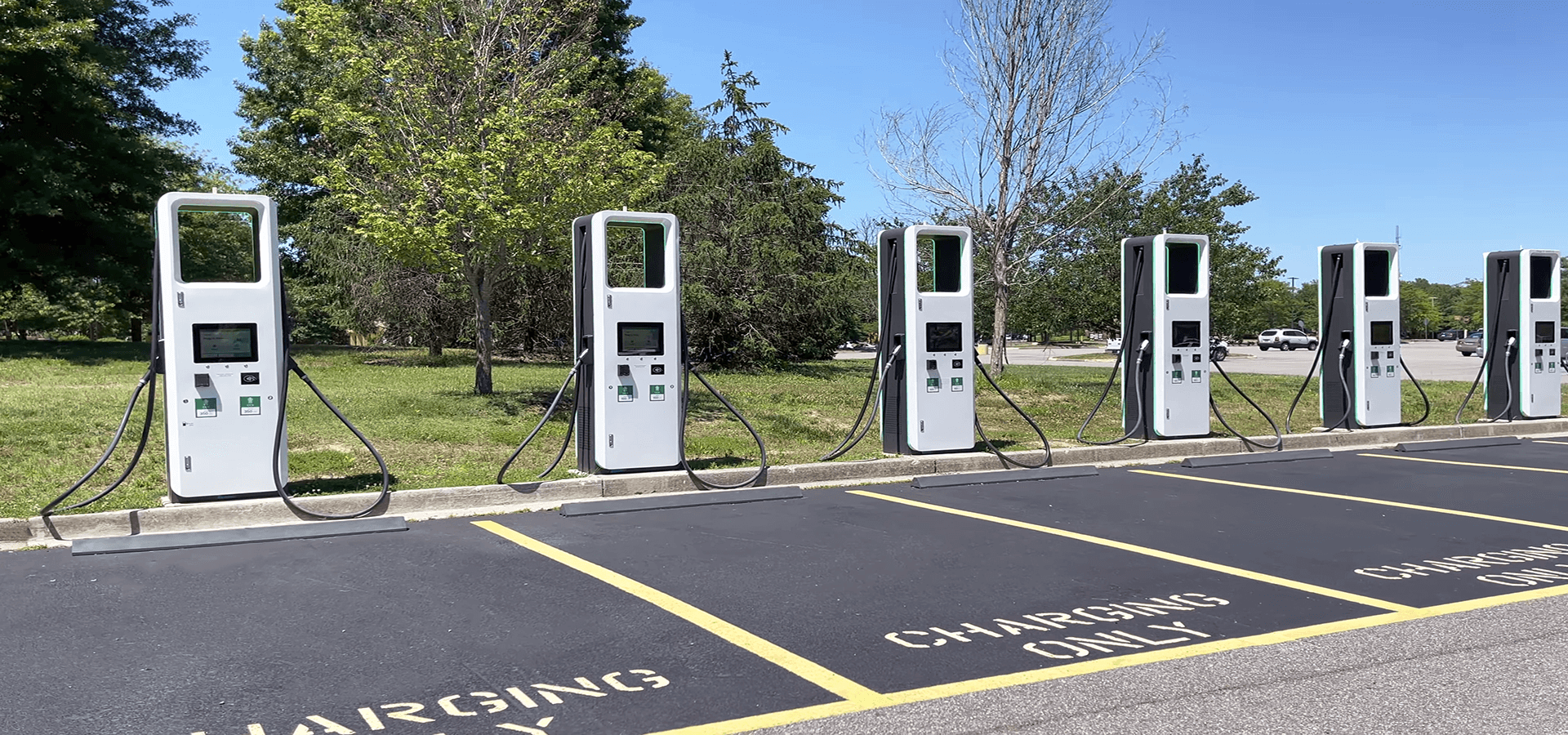
Deeper Dive: The Electrical Challenges of Commercial EV Charger Installation
The biggest difference between commercial and residential is the concept of Demand Charges.
The Menace of Demand Charges
For commercial customers (those on larger utility tariffs), the electric bill is often split into two parts:
- Energy Charge (kWh): What you pay for the electricity you use.
- Demand Charge (kW): What you pay for the highest spike of power (kW) drawn during a 15-minute window in the billing cycle.
A DC Fast Charger can create a massive, instant demand spike, leading to exorbitant demand charges even if the total energy used (kWh) is low.
The Solution:
- AEP Ohio PEV Tariff: The specialized public charging rate explicitly states: Demand charges and reactive power do NOT apply for public charging stations under this tariff. This is a huge financial advantage that justifies the initial commercial EV charger installation in Columbus.
- Load Balancing Technology: We install advanced chargers that can dynamically share a single circuit’s power or throttle charging speed to prevent exceeding a set kW limit, effectively managing the demand spike.
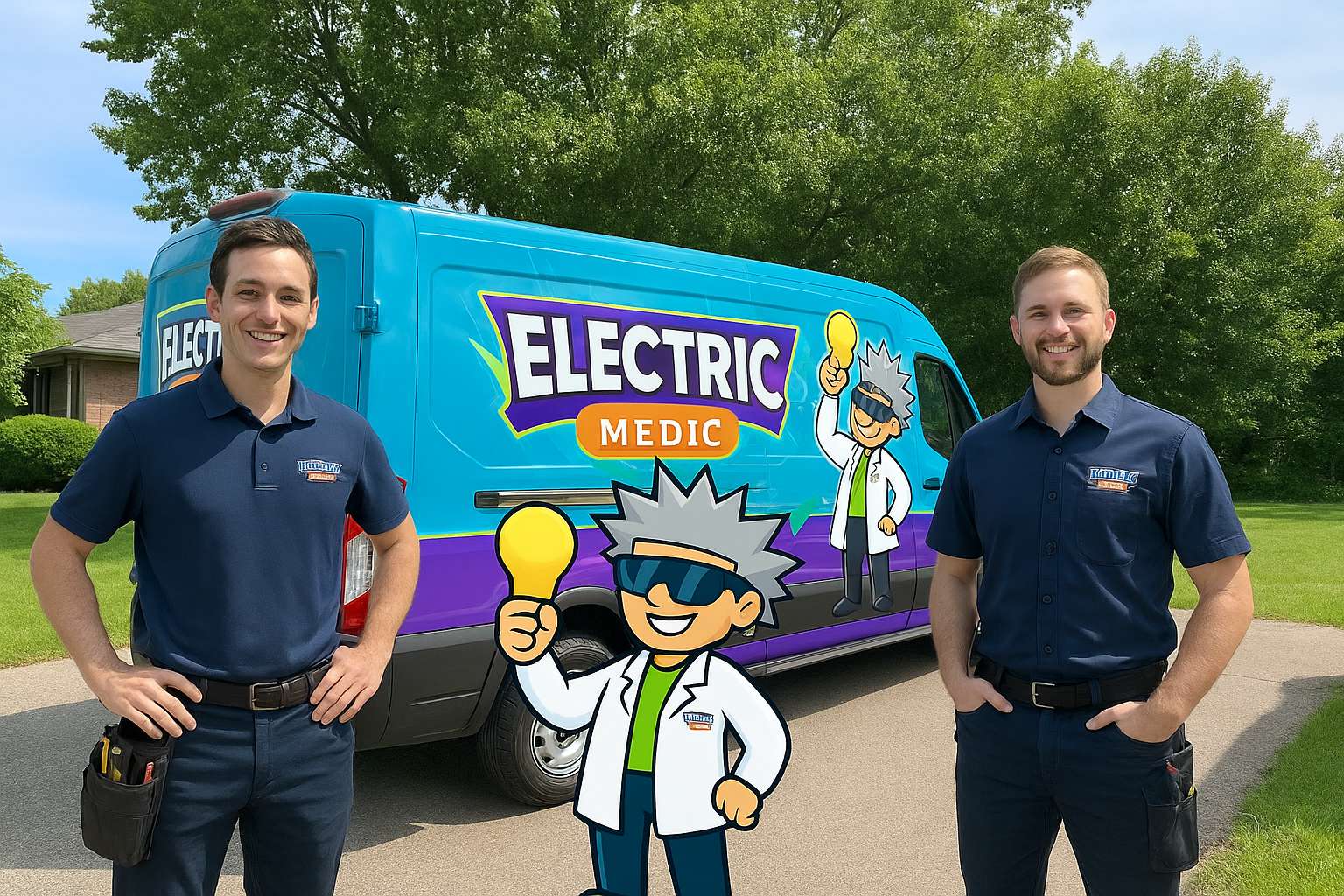
Drive Foot Traffic and Future Growth. Partner with Electric Medic.
The decision to pursue a commercial EV charger installation in Columbus is a clear signal that your business is ready for the future. It’s a powerful tool for customer acquisition, employee retention, and long-term property value growth. But a project of this scale requires technical mastery and strategic planning—expertise only a veteran commercial electrician Columbus Ohio can provide.
Don’t let the complexity of utility tariffs, demand charges, or incentive applications slow your progress. Electric Medic provides a single-source solution, managing the entire project from initial load assessment to final network activation and incentive capture.
Ready to turn your parking lot into a profit center? Contact Electric Medic today to schedule a comprehensive site assessment and consultation for your commercial EV charging station installation. Let us build the infrastructure that powers your business growth.
FAQs: Commercial EV Charging Station Installation
Q: What is the average Cost of installing a commercial EV charging station (Level 2)?
A: Typically ranges from $3,000 to $10,000 per port for a networked Level 2 station, including the unit, civil work, trenching, electrical wiring, and labor. This cost can drop significantly with federal and utility incentives.
Q: How many chargers should my business install initially?
A: For small retail or hospitality (like the Short North), starting with two Level 2 ports is ideal. Two chargers allow for redundancy and serve multiple customers, maximizing your ROI. For large office complexes in Dublin, we recommend one charging port for every 10 to 20 parking spaces.
Q: Are there specific codes for commercial EV charger installation in Columbus?
A: Yes. All installations must adhere to the National Electrical Code (NEC) Article 625, local Columbus/Franklin County building codes, and specific ADA compliance standards for accessible parking. Our commercial EV charger installer team ensures 100% compliance.
Q: Will installing a charger affect my general business insurance?
A: A professionally installed, permitted system should not negatively affect your insurance. However, you must inform your provider. Many insurers offer specialized endorsements or liability riders for commercial charging stations to ensure adequate coverage against property damage or general liability.
Q: Can I charge customers for the electricity, or should it be free?
A: You have control. We can set up the network to: * Offer Free Charging: Great for employee retention or luxury amenity. Cost Recovery: Charge a flat fee or slightly above the AEP Ohio rate to recover costs. Revenue Generation: Charge a premium (e.g., $0.20 to $0.30 per kWh) to generate profit. The revenue potential is key to the ROI.
Q: How long does the full commercial EV charger installation in Columbus take?
A: The physical installation (trenching, wiring, mounting) typically takes 3 to 7 days, depending on the number of units. However, the entire process, including the initial site assessment, utility coordination, and permit approval, can take 6 to 12 weeks. Starting early is crucial.
Q: Is a separate meter required for a business EV charging installation?
A: If you want to take advantage of AEP Ohio’s reduced PEV tariff, a separately metered system is a mandatory requirement of the program. We strongly recommend this to avoid high standard commercial demand charges.
Q: What’s the maintenance schedule for a commercial EV charger installer?
A: We recommend a full preventative maintenance check twice a year. This includes checking the internal wiring terminals, cleaning debris, testing connectivity, and verifying all software is up-to-date to prevent component failure and ensure driver satisfaction.
Q: Can I install multiple chargers in a phased approach?
A: Absolutely. This is often the smartest approach for a small business. We can install the electrical conduit and infrastructure (the most costly, disruptive part) for four ports now, but only install and wire two chargers. You can easily activate the remaining two ports as demand and budget allow.
Q: Why should I choose Electric Medic over a national EV charging company?
A: As a local commercial electrician Central Ohio, we have established relationships with AEP Ohio and local municipal inspectors in Columbus, Dublin, and Powell. We understand the specific soil conditions, permitting nuances, and utility procedures, which means fewer delays and a better final result than an out-of-town contractor.

